LEUVEN, Belgium: Bacterial and fungal pathogens can form a biofilm on dental implants that is resistant to antimicrobial drugs like antibiotics. As a result, these implants pose a significant risk of infection. A multidisciplinary team of researchers at KU Leuven in Belgium has developed a dental implant that gradually releases such drugs from an integrated reservoir. The antimicrobial liquid could help prevent and fight infections
“Our implant has a built-in reservoir underneath the crown of the tooth,” explained lead author Dr Kaat De Cremer. “A cover screw makes it easy to fill this reservoir with antimicrobial drugs. The implant is made of a porous composite material, so that the drugs gradually diffuse from the reservoir to the outside of the implant, which is in direct contact with the bone cells. As a result, the bacteria can no longer form a biofilm.”
In the laboratory, the implant was subjected to various tests for use with chlorhexidine, a universal mouthwash with a powerful antimicrobial effect. The study shows that the Streptococcus mutans bacterium, a major contributor to tooth decay, is prevented from forming a biofilm on the surface of the implant when the reservoir is filled with the mouthwash. Furthermore, biofilms that were grown beforehand on the implant could be eliminated in the same way. This indicates that the implant would be effective in terms of both preventing and curing infections.
This study, titled “Controlled release of chlorhexidine from a mesoporous silica-containing macroporous titanium dental implant prevents microbial biofilm formation”, was published online in January in Volume 33 of the European Cells and Materials journal.
With newer variants emerging and challenging our previously acquired immunity and creating worldwide uncertainty, there is an urgent need for antiviral ...
BUFFALO, N.Y. – Statistically speaking, nearly two-thirds of the U.S. denture-wearing population suffer frequent fungal infections leading to denture ...
Dentistry, labelled as the highest-risk profession in COVID-19 times because of the aerosol spread in the clinic, has forced dental professionals to look ...
Health workers may soon have a new weapon in the fight against abscesses—difficult-to-treat bacterial infections that lead to millions of ...
Our understanding of soft tissue phenotype around teeth and implants will improve as we utilise novel technologies and advance our knowledge from studying ...
The crisis of antimicrobial resistance (AMR) stems largely from the widespread misuse and overprescription of antibiotics across various sectors, including ...
SÃO PAULO, Brazil: Dental enamel defects (DEDs) are estimated to affect around 20% of children worldwide, and instances such as the fracturing of ...
PHILADELPHIA, U.S.: Some young children experience severe dental caries that resists normal therapies. According to a recent study carried out by ...
Live webinar
Fri. 13 February 2026
10:30 pm IST (New Delhi)
Live webinar
Mon. 16 February 2026
10:30 pm IST (New Delhi)
Live webinar
Tue. 17 February 2026
10:30 pm IST (New Delhi)
Live webinar
Wed. 18 February 2026
7:30 pm IST (New Delhi)
Dr. Anna Lella, Ms. Francesca Nava
Live webinar
Wed. 18 February 2026
10:30 pm IST (New Delhi)
Prof. Dr. João Caramês CODE expert, Dr. Robert Gottlander DDS
Live webinar
Mon. 23 February 2026
1:30 pm IST (New Delhi)
Ass. Prof. Elizabeth Shick, Dr. Zehra Yonel
Live webinar
Tue. 24 February 2026
11:30 pm IST (New Delhi)
Prof. Dr. Markus B. Hürzeler



 Austria / Österreich
Austria / Österreich
 Bosnia and Herzegovina / Босна и Херцеговина
Bosnia and Herzegovina / Босна и Херцеговина
 Bulgaria / България
Bulgaria / България
 Croatia / Hrvatska
Croatia / Hrvatska
 Czech Republic & Slovakia / Česká republika & Slovensko
Czech Republic & Slovakia / Česká republika & Slovensko
 France / France
France / France
 Germany / Deutschland
Germany / Deutschland
 Greece / ΕΛΛΑΔΑ
Greece / ΕΛΛΑΔΑ
 Hungary / Hungary
Hungary / Hungary
 Italy / Italia
Italy / Italia
 Netherlands / Nederland
Netherlands / Nederland
 Nordic / Nordic
Nordic / Nordic
 Poland / Polska
Poland / Polska
 Portugal / Portugal
Portugal / Portugal
 Romania & Moldova / România & Moldova
Romania & Moldova / România & Moldova
 Slovenia / Slovenija
Slovenia / Slovenija
 Serbia & Montenegro / Србија и Црна Гора
Serbia & Montenegro / Србија и Црна Гора
 Spain / España
Spain / España
 Switzerland / Schweiz
Switzerland / Schweiz
 Turkey / Türkiye
Turkey / Türkiye
 UK & Ireland / UK & Ireland
UK & Ireland / UK & Ireland
 International / International
International / International
 Brazil / Brasil
Brazil / Brasil
 Canada / Canada
Canada / Canada
 Latin America / Latinoamérica
Latin America / Latinoamérica
 USA / USA
USA / USA
 China / 中国
China / 中国
 Pakistan / Pākistān
Pakistan / Pākistān
 Vietnam / Việt Nam
Vietnam / Việt Nam
 ASEAN / ASEAN
ASEAN / ASEAN
 Israel / מְדִינַת יִשְׂרָאֵל
Israel / מְדִינַת יִשְׂרָאֵל
 Algeria, Morocco & Tunisia / الجزائر والمغرب وتونس
Algeria, Morocco & Tunisia / الجزائر والمغرب وتونس
 Middle East / Middle East
Middle East / Middle East
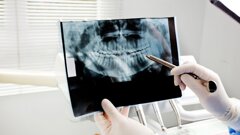
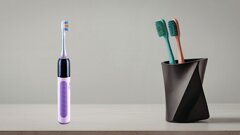
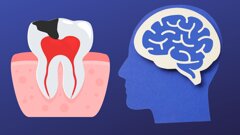
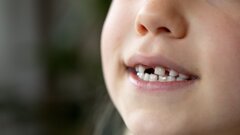
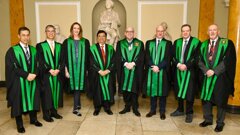










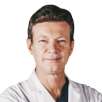













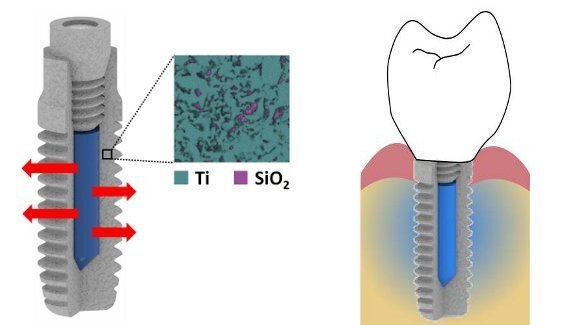



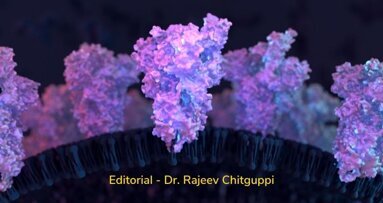
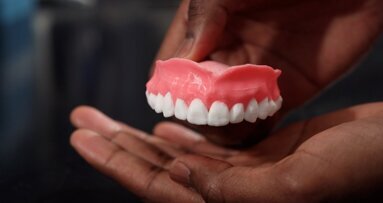
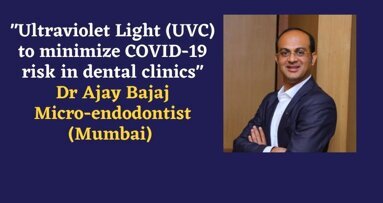
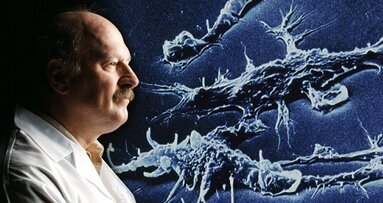
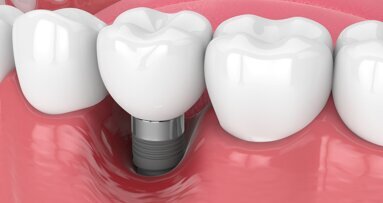
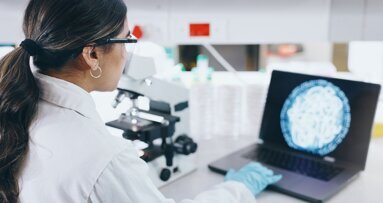
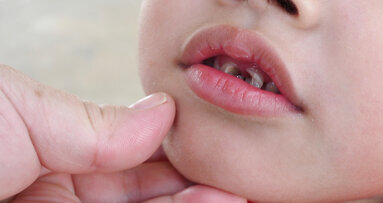
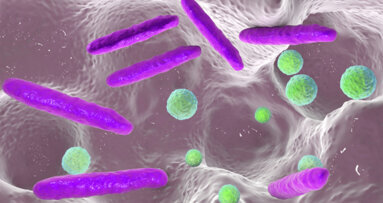
















To post a reply please login or register